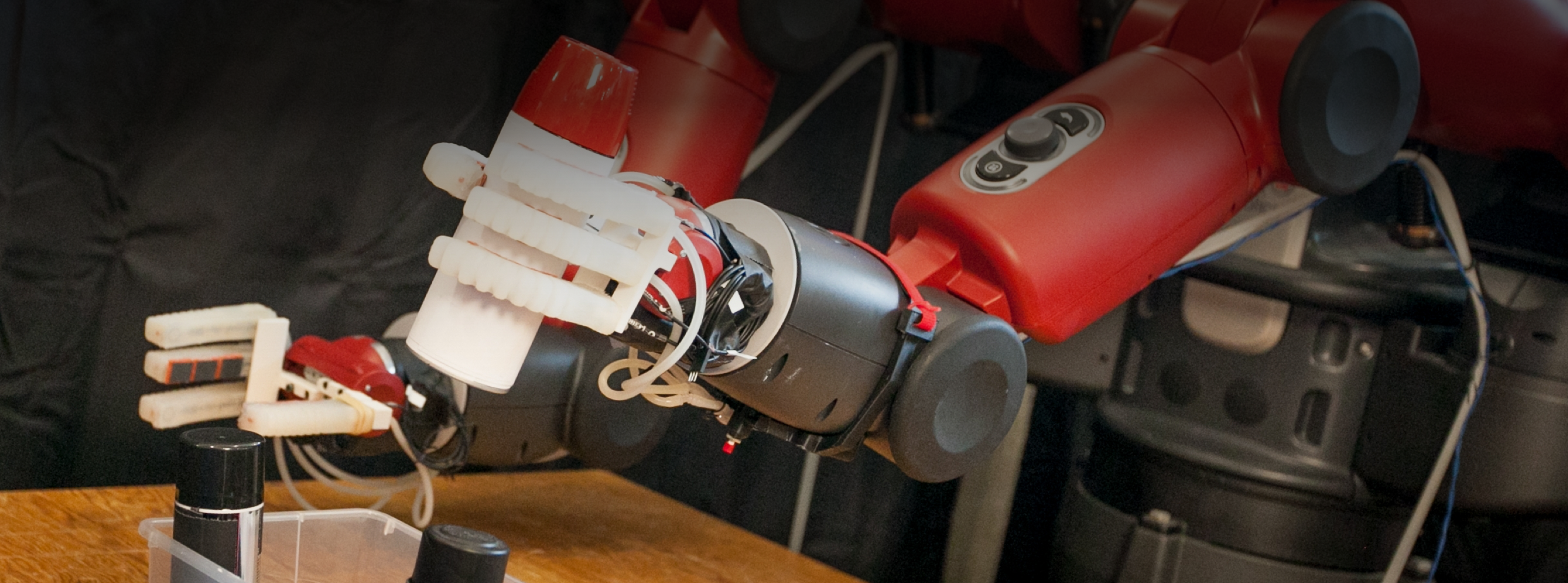CSAIL PhD candidate Felix Wang is in the final year of his program working with Professor Julie Shah and the lab’s Interactive Robotics Group, researching robot learning, specifically inference-time policy alignment through human interactions.
Prior to joining CSAIL, Wang completed an MS at Northwestern University, which prepared him to pursue robotic engineering at MIT. Wang was drawn to further his education at CSAIL to advance the scientific foundation of data-driven robotics.
Wang and his group’s latest work will allow humans to use robots without needing a complex, detailed understanding of how to program robots. This has the potential to pave the way for scaling automation in factories and introducing robots to consumer homes.
Wang’s group, along with researchers from NVIDIA, developed a new framework that allows users to correct a robot's behavior with simple, real-time interactions, like pointing to an object or nudging its arm. Unlike previous methods, this approach doesn't require retraining the robot's machine-learning model. The framework helps the robot select the best action sequence based on human feedback, improving task performance. In tests, it was 21% more effective than alternative methods that did not leverage human interventions. This method could make it easier for users to guide robots through completing various household tasks, even if the robot has never encountered their home or objects before.
The framework offers three ways for users to guide the robot: pointing to the object, tracing a desired trajectory, or physically nudging the robot. This direct, real-time feedback from the user ensures that the robot’s actions remain valid and aligned with the user's intent.
Additionally, the framework uses a sampling procedure to prevent invalid actions and ensures the robot chooses the most appropriate response based on user input. This approach outperforms other methods in tests, allowing for real-time corrections without waiting for the task to complete. Over time, the robot can log corrective actions and improve its performance through future training.
“I learned from [Professor Shah] and my labmates that automation still has a long way to go, and at the center is how to build human trust in robots, especially promoting a future where robots will augment humans rather than replacing humans,” Wang said.
Wang describes how curiosity drives his research on a daily basis.
“I think about what a future with robots intimately intertwined in our lives will look like,” he said. “I think about what is possible now and what will be possible in the near future and am curious to find out what I can do to make this future happen faster.”
Upon his impending departure from the lab, Wang said he is looking for a job in an industry setting.
“I think there is a lot of money and enthusiasm flowing into the robotics industry right now,” he said. “There is a once-in-a-generation opportunity to try converting our research findings into real-world products with an accelerated agenda and laser focus.”
For more on Felix Wang and his research, visit his website: https://yanweiw.github.io/

